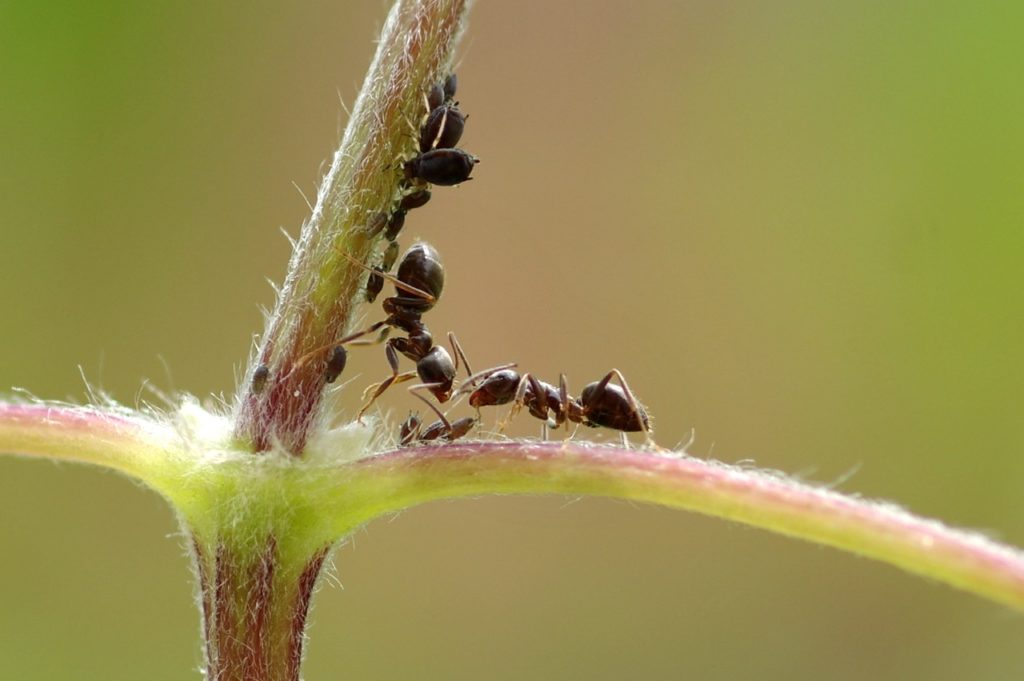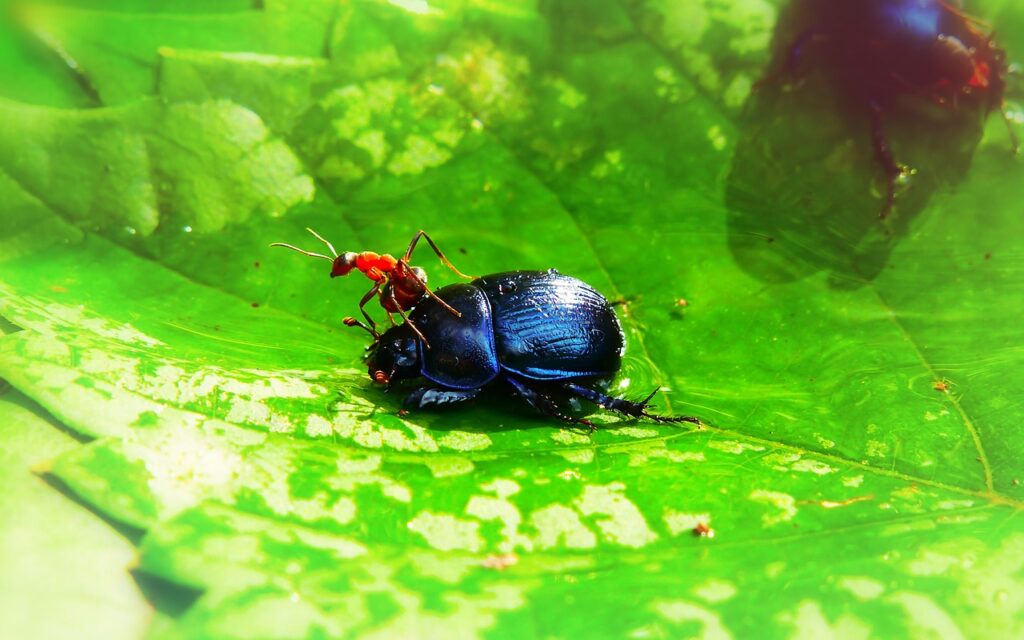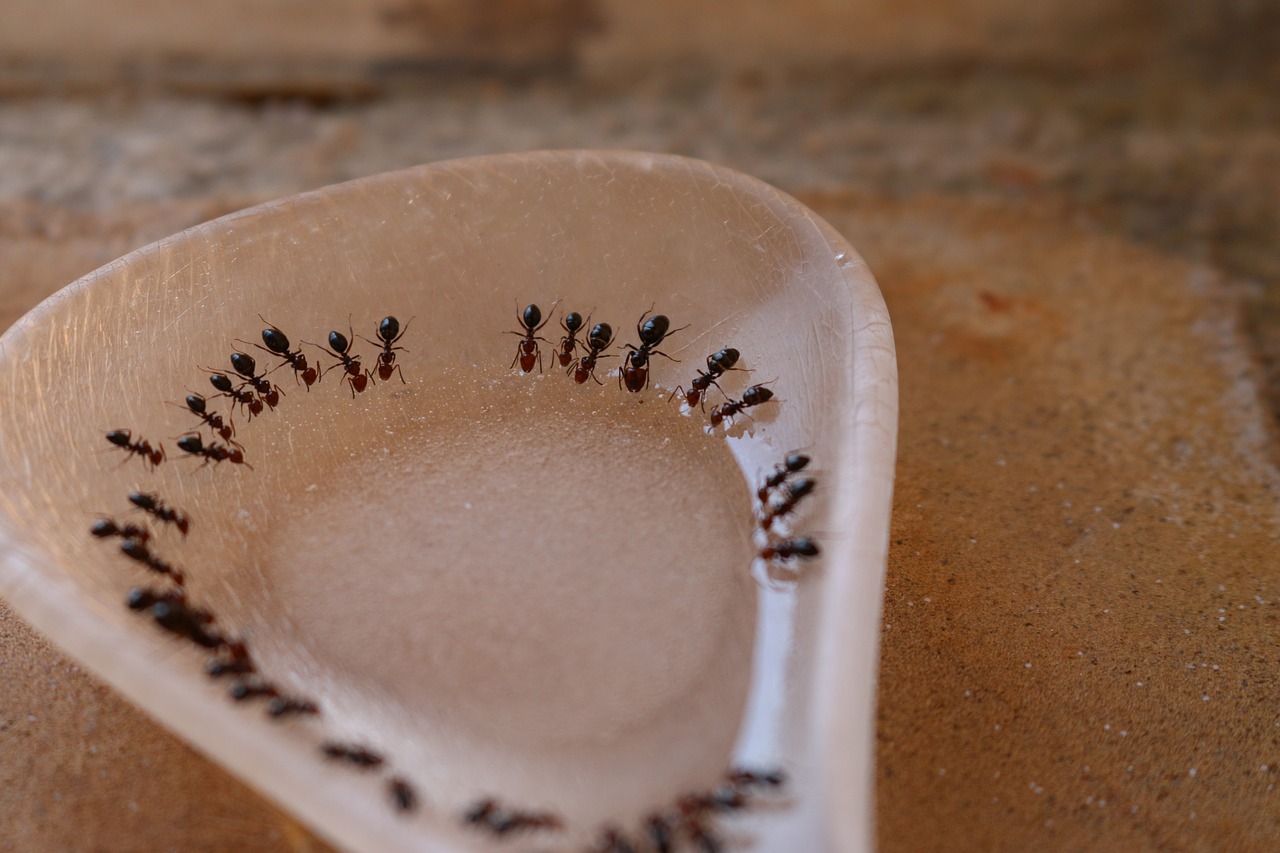Ants are uninvited guests in your house. These industrious creatures get everywhere — from your food to your doors and windows. And often the sheer number of them makes you feel that they are not going anywhere anytime soon… Dealing with an ant infestation can be stressful. But is it really that bad to have ants in your house?
Why it is bad to have ants in your house
The good news is ants are generally just nuisance pests. They are not likely to be health hazards. But the bad news is not all ants are created equal. There are thousands of ant species out there, and some are worse than others to have in your house.
- Ant bites and stings are no joke. Ant bites and stings are not particularly problematic, but you shouldn’t completely ignore them either. If you don’t take them seriously and scratch them aggressively, they can lead to irritations and infections. There are also certain ant species like fire ants that bite and sting with more force. Fire ant attacks can burn and itch like crazy, and they are part of the reason why fire ants are called as such.
- Ants can potentially contaminate food. Ants are foragers. They will go around your house industriously to look for food and water. And sometimes, their journeys take them to the most unsanitary parts of your house, like the backs of your toilet and the soils in your garden. They can get bacteria from their journeys and end up passing these bacteria to your food.
- Ants can cause structural damage. Ants are generally not structurally destructive pests, unlike termites. But there are certain ant species that can cause some structural damages. Carpenter ants are the first ones that come to mind. These ants are attracted to the decaying wood around your house. They then wreak havoc around the wooden parts of your house by excavating and making nests.

Why you have ants in the first place
You have ants in your house because of two main reasons – resources and shelter. If ants can easily find these on your property, it’s vulnerable to ant infestations.
- Your house is too accessible. You are not the only one who uses doors and windows. Small pests like ants also use these as passageways. To prevent your doors and windows from becoming passageways for pests, keep them closed. Install screens and weather strips for extra protection. After all, ants are so small that they can squeeze through the natural gaps between your doors and windows.
- Ants can easily find food and water on your property. You may think that ants only like sweets, but this is just a common misconception. Ants have a more diverse diet than you think. Some prefer insects like Argentine ants while some prefer fungi like leafcutter ants. You may also think your property is safe because you don’t have insects or fungi around, but again, you are mistaken. Fungi, for instance, can thrive easily in high moisture places around your house, like your garden, lawn, and yard.
- You have decaying wood. Piping problems are not good because the water and moisture can attract various pests. Water and moisture can also seep into the wooden parts of your house and make them decay and rot. Decaying wood is the perfect target for carpenter ants, which are some of the most structurally destructive ants you can have in your house. You have every incentive in the world to fix your piping problems.

How to get rid of ants
Yes, ants in your house can be bad, but getting rid of them is relatively simple. All you have to do is to get rid of the two main reasons why they are on your property in the first place – resources and shelter.
- Call pest control professionals. Ant colonies have thousands upon thousands of ants in them. And if you see flying ants around, your problem may be about to get worse because it may mean they are ready to mate. Ants can be very difficult to deal with just because of their populations alone. It doesn’t help that they are also incredibly industrious and resilient. Sometimes, the best approach is to just get professional help. You may think that pest control professionals only deal with the more known pests out there, like cockroaches, rats, and termites. But they also deal with ants, especially the least desirable ones like carpenter ants and fire ants.
- Try commercial ant control products. There are a lot of DIY ant control methods out there, and they do work. But many times, they require extensive reading just so you know you are doing the right thing. Many times, it’s just better to stick to commercial ant control products like ant baits and insecticides. They are not fail-proof. But if you follow their instructions diligently, you are more likely to get rid of the ants in your house with them than with DIY methods that are not necessarily backed by science.
- Keep your house clean. There is one primary reason to keep your house clean – to deny pests of resources. If you leave food crumbs and spills on your countertops, leave dishes and leftovers in the sink, and let garbage cans overflow, you are basically asking for a pest infestation of some kind. Make sure to always clean up after eating, wash the dishes immediately, and practice proper garbage management to prevent attracting pests looking for resources.
Ants in your house can be bad news
Ants are generally just nuisance pests. But they can still be bad for your house because they bite and sting, potentially contaminate your food, and destroy your house’s structural integrity. Some ant species are just worse to have than others.
The accessibility of food, water, and shelter spots is the primary reason why you have ants in your house. This means one of the most effective ways to get rid of these pests is to remove this accessibility. You can also attack the ants themselves with pest control professionals or commercial ant control products like ant baits and insecticides.

